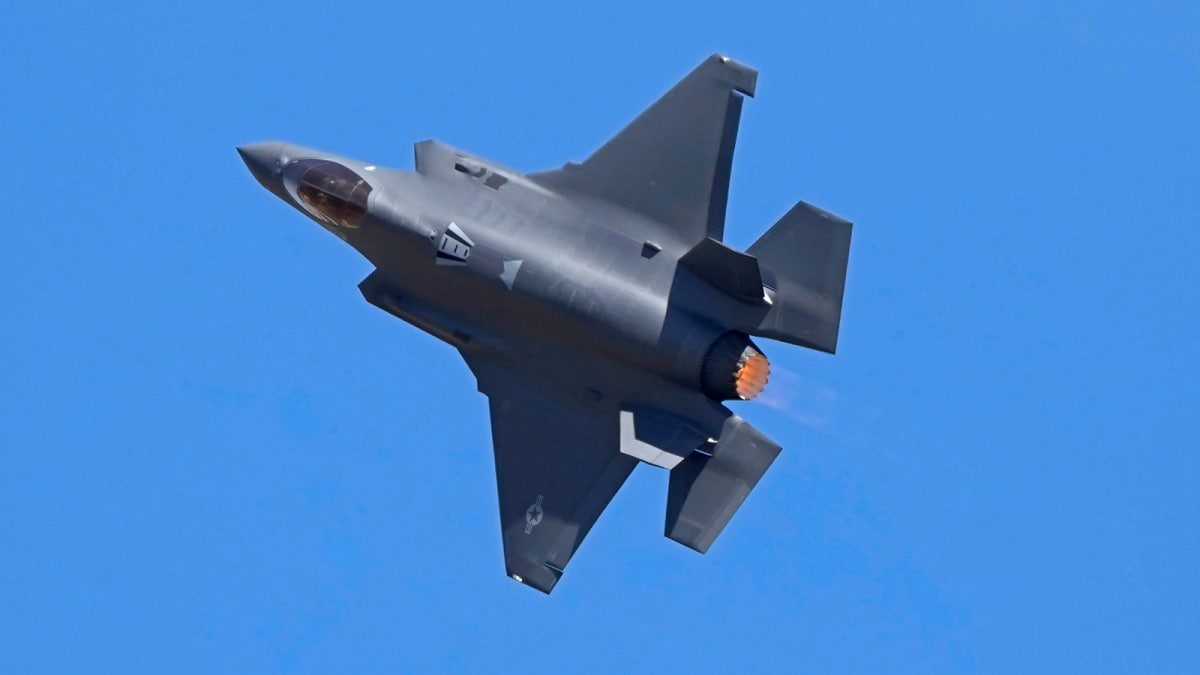ARTICLE AD BOX

The US tariff implementation of 25 per cent, while not directly affecting Indian IT services, could have significant consequences as US firms might reduce their technology expenditure due to increased costs, according to EY India's Technology Sector Leader Nitin Bhatt on Thursday.This development coincides with the Indian IT sector already facing economic uncertainties and the rise of Artificial Intelligence (AI). "While the Indian IT services sector isn't directly hit by the newly announced 25 per cent US tariffs, the ripple effects could be substantial. Rising input costs may prompt US companies to scale back discretionary tech spending. Simultaneously, growing unease around workforce mobility and evolving digital taxation frameworks could redefine how cross-border services are priced and delivered," Bhatt said, as quoted by news agency PTI.Organisations that adopt hybrid delivery approaches, expand their geographical presence, and implement AI extensively will be better equipped to handle demand fluctuations and take leadership positions in an increasingly complex global environment, according to Bhatt.TCS, India's premier IT services organisation, plans to reduce its global workforce by over 12,000 professionals, representing two per cent, this year.
The company frames this as part of its strategy to become a future-ready organisation, emphasising technology investments, AI implementation, market growth, and staff restructuring.Industry analysts suggest that the redundancies at TCS could create widespread concern across the technology sector.The leading Indian IT service providers recorded single-digit revenue growth in Q1FY26, following a challenging June quarter.
Global technology demand and client decision-making have been affected by economic instability and geopolitical tensions.TCS Managing Director and Chief Executive K Krithivasan recently acknowledged experiencing "demand contraction" due to ongoing macroeconomic and geopolitical uncertainties, indicating that FY26 revenue growth would not reach double digits.Krithivasan noted that the decision-making delays observed in the previous quarter have "intensified", expressing hope that discretionary spending, crucial for IT companies' revenue growth, would resume once uncertainties diminish.



.png)
.png)
.png)
















 18 hours ago
8
18 hours ago
8








 English (US) ·
English (US) ·